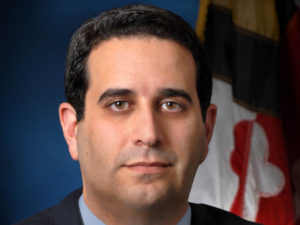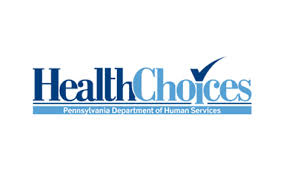PA to Push for Value-Based Purchasing of Care
The Secretary of Pennsylvania’s Department of Health has issued a call for greater use of value-based purchasing of health care services in the state.
 At a conference hosted by the Pittsburgh Business Group on Health, Secretary Karen Murphy invited insurers and employers to work together to pursue a value-based approach to the purchase of health care that would reduce the cost of care while improving the results of the care patients receive.
At a conference hosted by the Pittsburgh Business Group on Health, Secretary Karen Murphy invited insurers and employers to work together to pursue a value-based approach to the purchase of health care that would reduce the cost of care while improving the results of the care patients receive.
To support this initiative, Secretary Murphy has created a new innovation center in the state’s Health Department and appointed a deputy secretary to lead this effort.
Learn more about the state’s intentions in this Pittsburgh Business Times article.







